Restrictive eating disorders are characterized by extreme dietary limitations that arise from psychological factors and can have severe physical consequences. Conditions like Anorexia Nervosa, ARFID (Avoidant/Restrictive Food Intake Disorder), and Orthorexia all fall under the umbrella of restrictive eating disorders. Treatment for these disorders must address both the physical and psychological components to ensure long-term recovery. This article will outline effective treatment strategies and provide a simple list of treatment options that are essential for managing restrictive eating disorders.
Quick Overview of Treatment Options for Restrictive Eating Disorders:
- Psychological Therapy: Includes Cognitive Behavioral Therapy (CBT), Acceptance and Commitment Therapy (ACT), and Dialectical Behavior Therapy (DBT).
- Nutritional Rehabilitation: Focuses on restoring healthy eating patterns and addressing nutritional deficiencies.
- Medical Stabilization: Involves monitoring physical health and managing complications arising from severe dietary restrictions.
- Support Groups and Family Support: Provides a platform for shared experiences and emotional support.
- Multidisciplinary Care Team: Involves professionals like dietitians, mental health counselors, and medical staff working together.
Understanding Eating Disorders
Restrictive eating disorders, such as Anorexia Nervosa, ARFID, and Orthorexia, differ in their underlying psychological drivers but share a common feature—severe limitations on food intake. A fear of weight gain often drives Anorexia Nervosa. At the same time, ARFID may involve an aversion to the sensory aspects of food, and an obsession with the healthiness of food characterizes Orthorexia. Regardless of the specific type, all restrictive eating disorders can have a profound impact on physical and mental health.
Comprehensive Treatment Approach
At ViaMar Health, our multidisciplinary treatment team includes mental health professionals who specialize in the treatment of eating disorders. These professionals may be clinical social workers, mental health counselors, or marriage and family therapists, all working together to provide comprehensive care that addresses the psychological, nutritional, and medical needs of our patients.
Psychological Therapy
Psychological therapy is a cornerstone of treatment for restrictive eating disorders. At ViaMar Health, we utilize evidence-based approaches to help patients address the underlying psychological factors contributing to their disorder. In addition to Cognitive Behavioral Therapy (CBT) and Acceptance and Commitment Therapy (ACT), we also incorporate Dialectical Behavior Therapy (DBT). DBT helps patients develop skills to regulate their emotions, reduce reactivity, and build healthier relationships with food.
Support Groups
Support groups can provide a safe and supportive environment for individuals struggling with restrictive eating disorders. They offer a platform to share experiences, coping strategies, and hope. Support groups can be found in person or online, and they can be a valuable complement to professional treatment.
Family and friends can also provide crucial support during the recovery process. They can help by providing emotional support, understanding, and patience, and by encouraging healthy behaviors and challenging disordered ones.
Conclusion
Treating restrictive eating disorders is a complex process that requires a comprehensive and individualized approach. It involves a combination of medical stabilization, psychological therapy, nutritional rehabilitation, and supportive strategies. With the right treatment and support, recovery is possible.
Remember, if you or someone you know is struggling with a restrictive eating disorder, it’s important to seek help from a healthcare professional. Early intervention can significantly improve the chances of recovery and reduce the risk of serious health complications.
If you or a loved one is navigating the challenges of a restrictive eating disorder, ViaMar Health is here to support you on your journey to recovery. Our compassionate team of professionals understands the intricacies of these conditions and offers a personalized treatment plan tailored to your unique needs. We integrate evidence-based therapies with nutritional and psychiatric support to address not only the symptoms but also the underlying causes of eating disorders. With programs designed for both adults and adolescents and a commitment to individualized care, ViaMar Health is your partner in healing. Don’t hesitate to take the first step towards a healthier future. Speak with an Admission Specialist today to start your recovery voyage.




